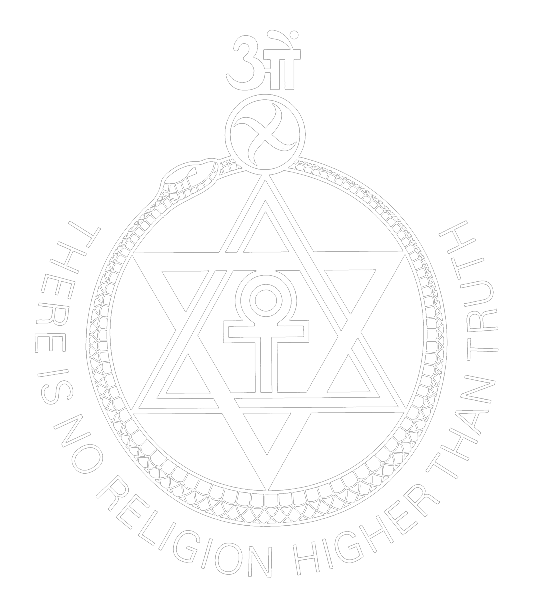• Spiritual Revival
Theosophy has had a profound influence on the spiritual landscape of the 20th and 21st centuries. It played a significant role in the revival of Western esotericism and the increased interest in Eastern spiritual traditions.
• The New Age Movement
Many aspects of Theosophy, such as reincarnation, karma, and the search for spiritual wisdom, are central to the
New Age movement, which emerged in the late 20th century.
• Contemporary Relevance
The core principles of Theosophy, particularly the concept of universal brotherhood, continue to be relevant in addressing contemporary challenges, including social, environmental, and ethical issues.


